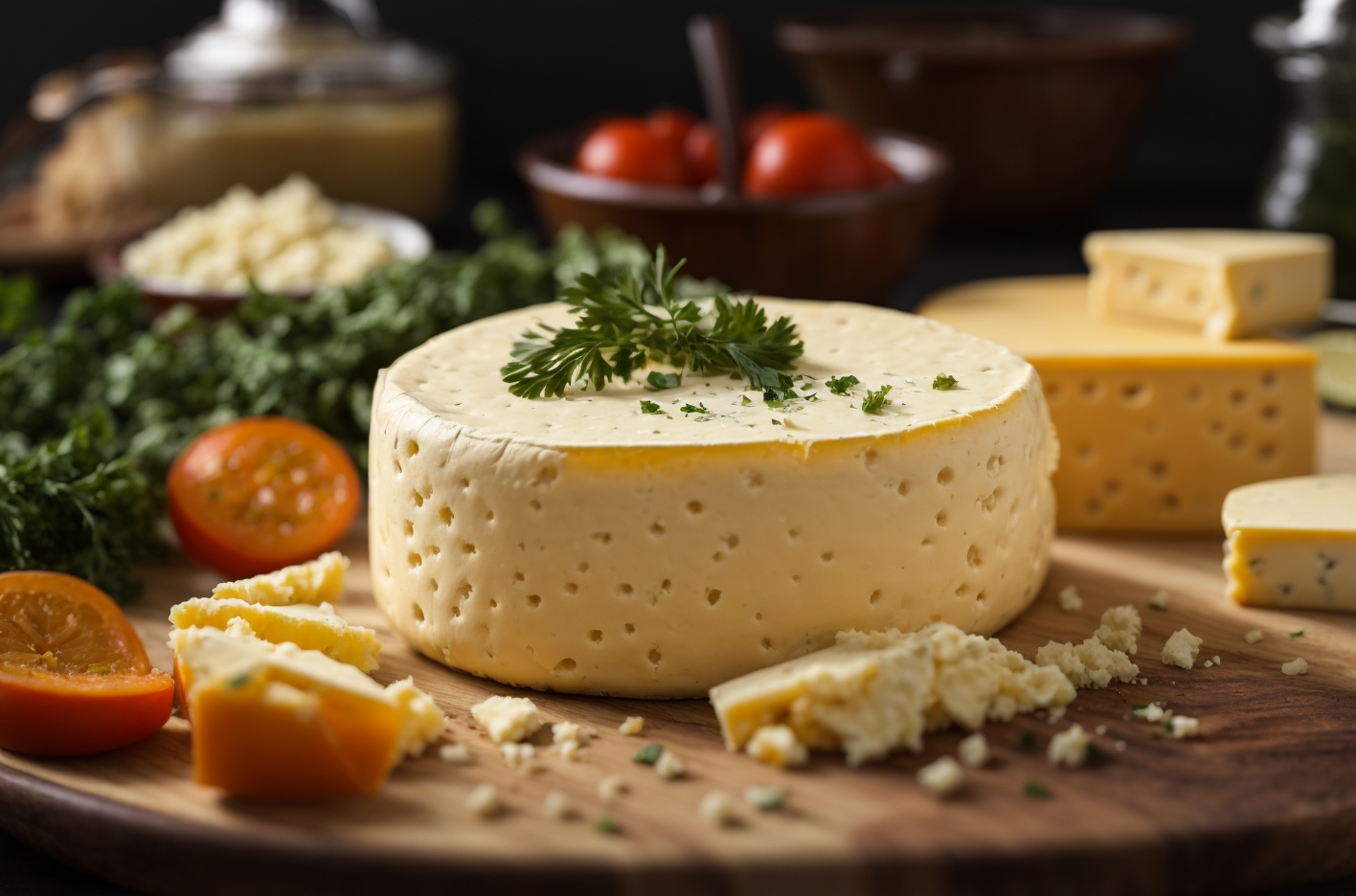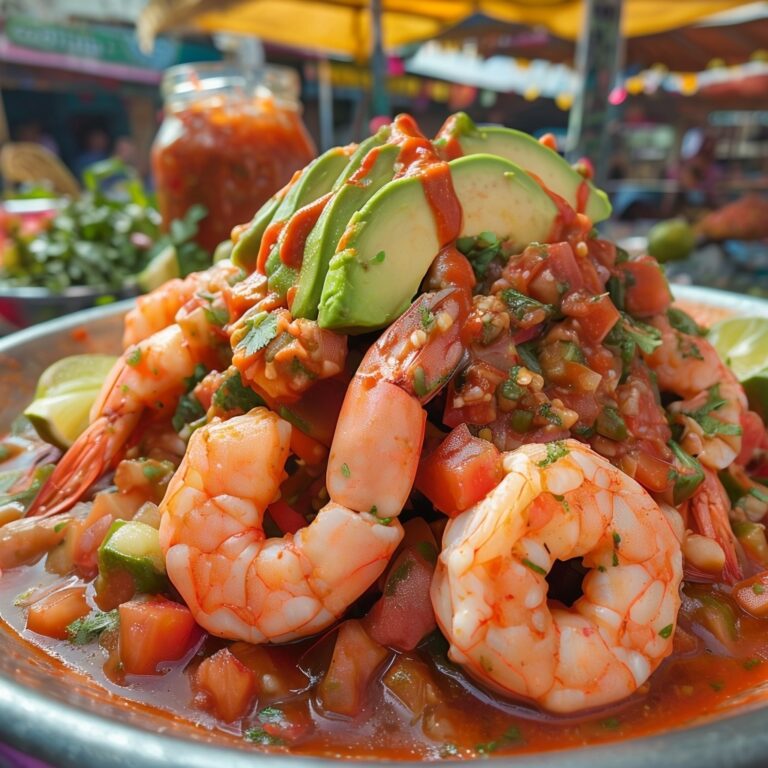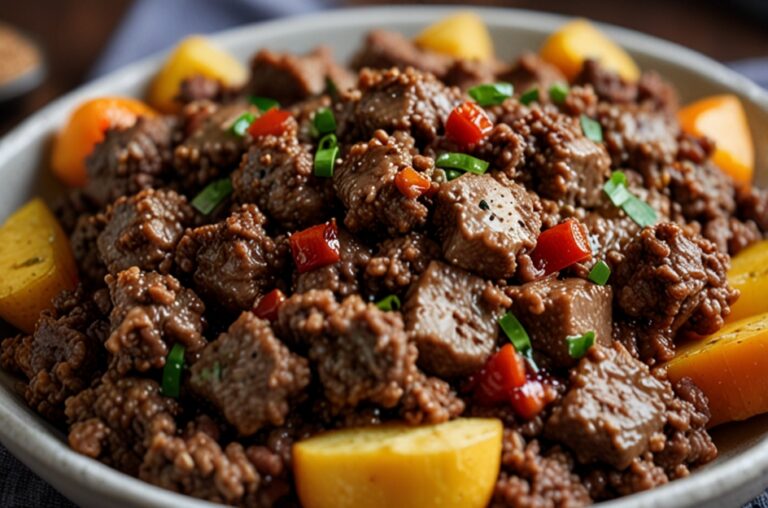vegetarian cheese
When it comes to vegetarian living, there’s a lot of focus on avoiding meat, but what about dairy products like cheese? Cheese seems like a no-brainer for vegetarians, right? Not always. Some cheeses contain ingredients that make them unsuitable for vegetarians, sparking a whole new question: what exactly is vegetarian cheese? In this comprehensive article, we’ll explore the world of vegetarian cheese, discuss why it matters, and share tips on how to choose the right one for your lifestyle.
Table of Contents
| Sr# | Headings |
|---|---|
| 1 | What Is Vegetarian Cheese? |
| 2 | How Is Vegetarian Cheese Made? |
| 3 | What Makes Some Cheeses Non-Vegetarian? |
| 4 | Types of Vegetarian Cheese |
| 5 | Can Vegan Cheese Be Considered Vegetarian? |
| 6 | Popular Vegetarian Cheese Brands |
| 7 | How to Use Vegetarian Cheese in Recipes |
| 8 | Health Benefits of Vegetarian Cheese |
What Is Vegetarian Cheese?
Vegetarian cheese, as the name suggests, is cheese made without using any animal-derived ingredients that might conflict with a vegetarian lifestyle. For many people, cheese feels like a safe bet in a vegetarian diet, but there’s a surprising twist. Many cheeses are made with rennet, an enzyme traditionally extracted from the stomach lining of animals, specifically calves. This renders many common cheeses off-limits for vegetarians.
So, what exactly is in vegetarian cheese? Instead of animal rennet, vegetarian cheese uses plant-based, microbial, or fungal rennet as a substitute. These rennets work similarly to their animal counterpart but keep the cheese-making process cruelty-free and suitable for vegetarians. Vegetarian cheese opens the door to ethical eating without sacrificing flavor or texture.
But you may be wondering: What’s the big deal about rennet? Why is something so tiny so important to vegetarians? In the following sections, we’ll dive deeper into the specifics of how cheese is made, what makes certain cheeses non-vegetarian, and how to identify the best vegetarian options.
How Is Vegetarian Cheese Made?
The process of making vegetarian cheese isn’t too different from making traditional cheese, but the crucial difference lies in the rennet. Traditionally, cheese production requires rennet to curdle milk and form solid curds. With vegetarian cheese, a plant-based, microbial, or fungal rennet takes the place of animal-derived enzymes, which makes the process more ethical and aligned with vegetarian principles.
Let’s break it down:
- Plant-based rennet: This type of rennet is derived from plants like fig leaves, thistles, and nettles. Though it’s less common, it has been used historically in cheesemaking.
- Microbial rennet: This rennet is produced by microorganisms like fungi and bacteria, which are grown in controlled environments. It’s widely used in vegetarian cheese production.
- Fungal rennet: Similar to microbial rennet, fungal rennet is derived from molds and fungi and is commonly used for vegetarian cheeses.
Once the curdling process begins, the remaining steps—cutting, draining, pressing, aging—are quite similar to making any other cheese. What’s impressive is how vegetarian rennets can produce cheeses with rich, complex flavors and textures, mimicking the experience of traditional cheeses.
You might be wondering: Does it taste the same? The answer is yes! Many consumers can’t tell the difference between vegetarian and non-vegetarian cheeses. In fact, some of the world’s most famous cheeses are now available in vegetarian-friendly versions.
What Makes Some Cheeses Non-Vegetarian?
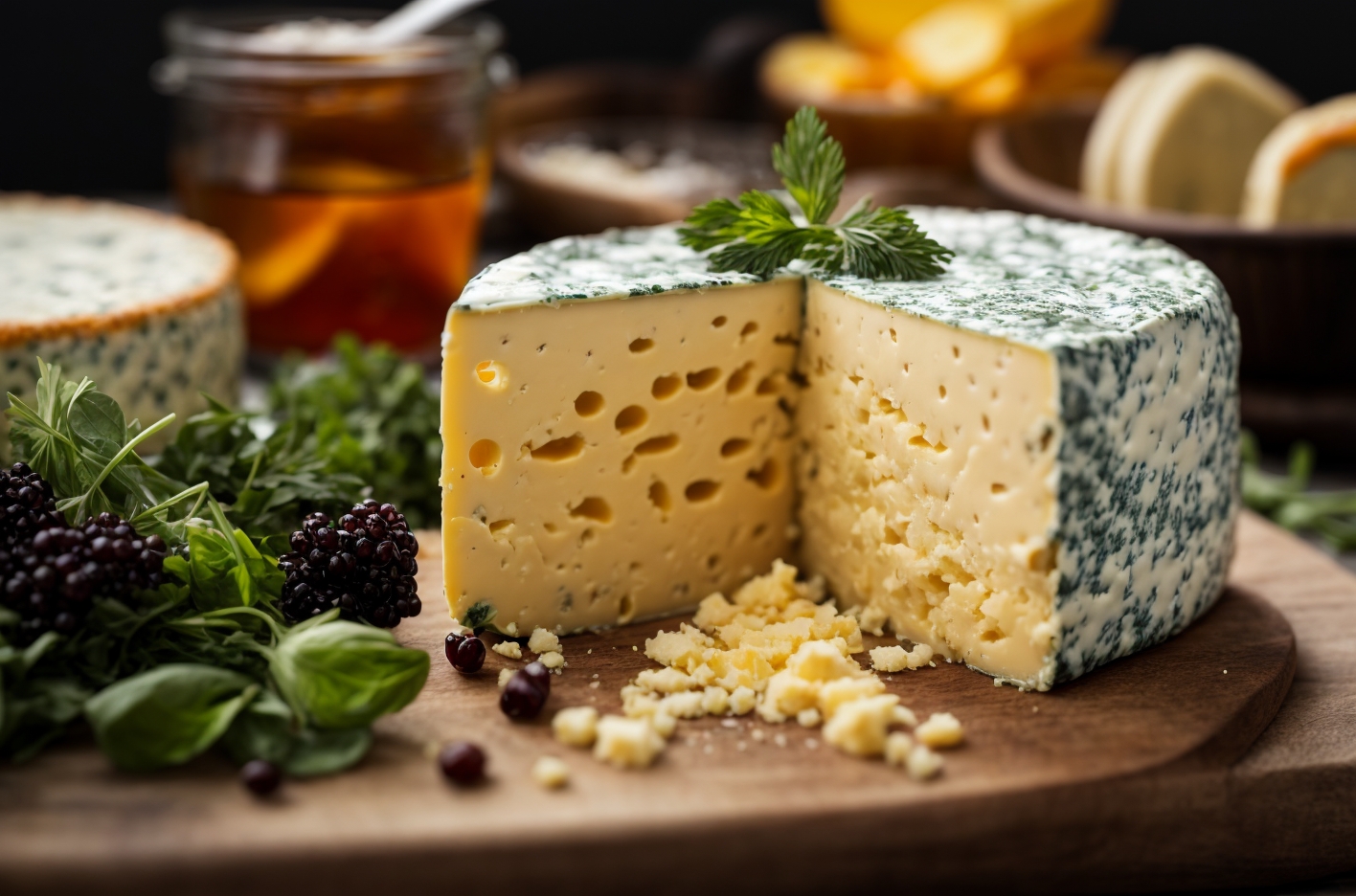
The culprit that renders many cheeses non-vegetarian is animal rennet, which, as mentioned earlier, is derived from the stomach lining of young animals, particularly calves. While not all cheese requires animal rennet, some of the most beloved and well-known varieties traditionally use it in the production process.
Here are a few examples of popular non-vegetarian cheeses:
- Parmesan: Authentic Parmesan, or Parmigiano-Reggiano, is one of the most famous cheeses that uses animal rennet. In fact, in order to be labeled Parmigiano-Reggiano, it must legally be made using animal rennet.
- Gorgonzola: This blue cheese is often produced with animal rennet, giving it its signature taste and texture.
- Gruyère: Known for its nutty and creamy flavor, Gruyère is another cheese often made using animal rennet.
But don’t lose hope! Many of these cheeses have vegetarian-friendly counterparts. You just need to check the label for details on the type of rennet used.
Here’s a quick tip: When in doubt, look for cheeses that specifically say “vegetarian” on the label. This is a quick and easy way to know you’re choosing a product that aligns with your dietary preferences.
Types of Vegetarian Cheese
Vegetarian cheeses come in a wide variety of flavors, textures, and uses, allowing for endless culinary creativity. Whether you’re whipping up a comforting mac and cheese or slicing cheddar for a snack, there are vegetarian options to fit every need.
Here are some common types of vegetarian cheeses:
- Cheddar: Vegetarian versions of cheddar are widely available and taste just as sharp and rich as the traditional kind. Whether mild or extra sharp, cheddar is a versatile cheese that fits into a variety of dishes.
- Mozzarella: Perfect for pizza and lasagna, vegetarian mozzarella offers that same melty, stretchy goodness without the animal rennet.
- Feta: This crumbly cheese, often found in Mediterranean dishes, is available in vegetarian varieties, allowing you to enjoy your Greek salads guilt-free.
- Gouda: Known for its buttery flavor, vegetarian Gouda is a fantastic addition to cheese boards, sandwiches, and more.
But what if you’re not just vegetarian—what if you’re vegan?
Can Vegan Cheese Be Considered Vegetarian?
If you’re new to plant-based eating, you may be wondering whether vegan cheese falls into the vegetarian category. The answer is yes! Vegan cheese is 100% vegetarian because it contains no animal products at all. Made from nuts, soy, or coconut milk, vegan cheese is the ultimate option for those seeking cruelty-free, dairy-free cheese alternatives.
So, what’s vegan cheese like? Well, much like vegetarian cheese, vegan cheese has come a long way. You can now find it in a variety of flavors and textures, from spreadable cheeses to meltable varieties that mimic mozzarella, cheddar, and even cream cheese.
If you’re transitioning from vegetarian to vegan, swapping out vegetarian cheese for vegan options can be seamless. And best of all, you can enjoy that ooey-gooey texture you love in comfort foods like grilled cheese and pizza.
Popular Vegetarian Cheese Brands
Wondering where to find vegetarian cheese? Several brands now cater specifically to vegetarians by offering rennet-free or plant-based cheese options. Whether you shop at specialty stores or regular supermarkets, these brands are readily available and well-loved.
Here are a few popular vegetarian cheese brands to keep an eye out for:
- Bel Gioioso: Known for their excellent mozzarella and ricotta, this brand uses microbial rennet, making their cheeses vegetarian-friendly.
- Cabot: Cabot produces a variety of cheeses, many of which are vegetarian. Their sharp cheddar is especially popular among vegetarians.
- Tillamook: This widely available brand offers several vegetarian options, including cheddar and Monterey Jack.
- Follow Your Heart: This brand specializes in dairy-free and plant-based cheeses, perfect for both vegetarians and vegans.
How to Use Vegetarian Cheese in Recipes
Vegetarian cheese can be used in practically any recipe that calls for regular cheese. Whether you’re baking, frying, or enjoying cheese raw, you can substitute vegetarian cheese for traditional cheeses without compromising on flavor or texture.
Here are a few ideas to get you started with vegetarian cheese in the kitchen:
- Grilled Cheese Sandwich: Use vegetarian cheddar or mozzarella for a delicious twist on the classic sandwich. Pair it with tomato soup for the ultimate comfort meal.
- Pizza: Vegetarian mozzarella or a blend of cheeses can add a gooey, melty layer to your favorite homemade or store-bought pizza.
- Mac and Cheese: Vegetarian cheddar can give your macaroni and cheese a creamy, rich flavor that rivals traditional versions.
- Salads: Crumble vegetarian feta or goat cheese over a fresh salad to add a tangy, creamy texture.
Health Benefits of Vegetarian Cheese
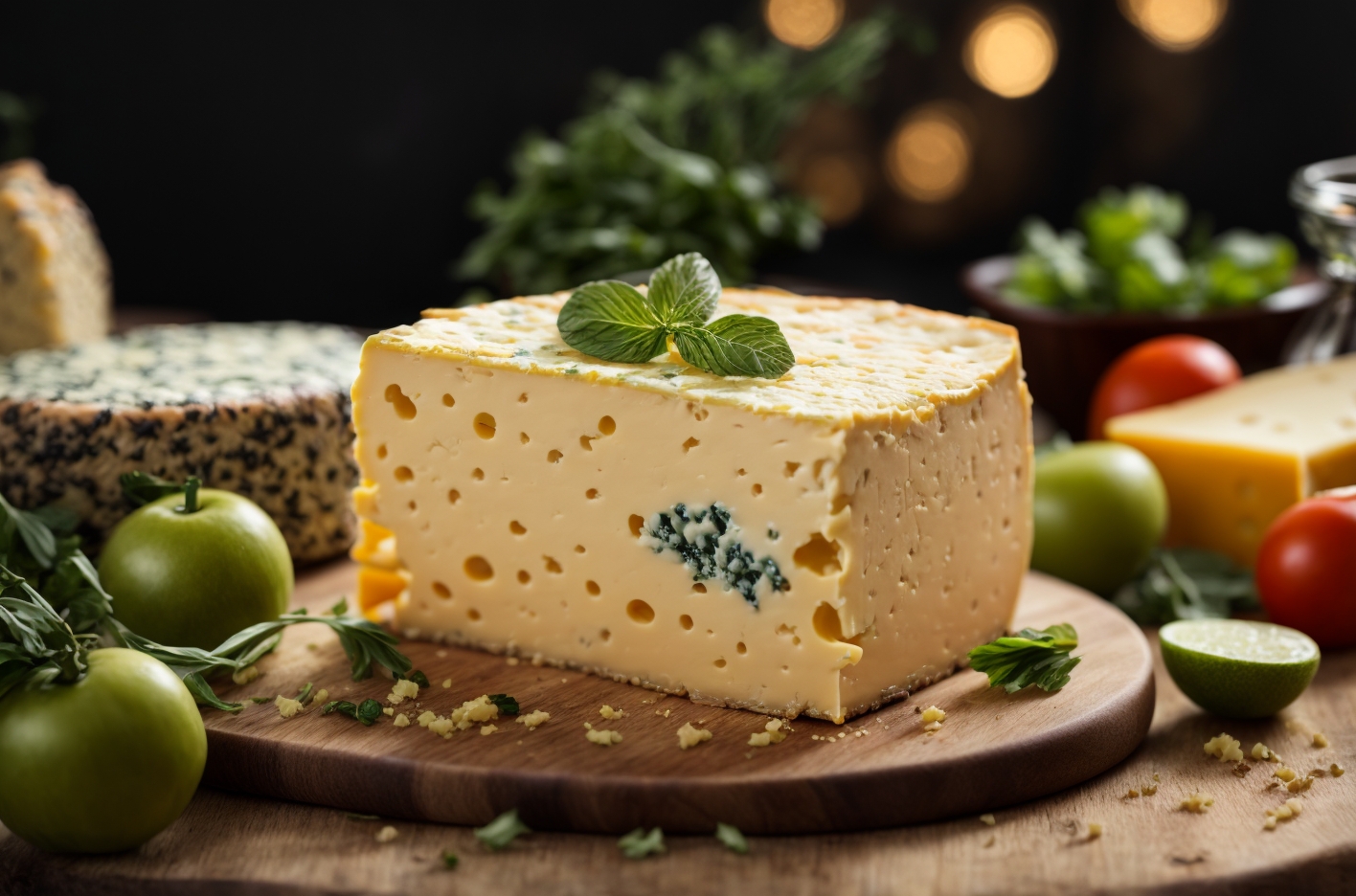
While some people choose vegetarian cheese for ethical reasons, there are health benefits to consider as well. Vegetarian cheese is often lower in fat and calories compared to its animal-based counterparts. Additionally, plant-based rennets may have fewer potential allergens, making vegetarian cheese a suitable option for those with dairy sensitivities.
Cheese also contains calcium, protein, and essential vitamins like B12, which are important for maintaining a balanced diet. So, by choosing vegetarian cheese, you’re not just making a compassionate choice—you’re also fueling your body with important nutrients.
Conclusion
Vegetarian cheese offers a cruelty-free, delicious alternative to traditional cheese, allowing vegetarians to enjoy their favorite dishes without compromise. With a wide variety of flavors and textures, from sharp cheddar to creamy mozzarella, there’s a vegetarian cheese to suit every palate. As more brands adopt animal-free practices, it’s easier than ever to find delicious, ethical cheese options in stores.
So the next time you’re in the cheese aisle, remember to check the label. Choosing vegetarian cheese doesn’t mean giving up flavor or texture—it just means making a choice that aligns with your values and dietary needs.
FAQs
1. Is all cheese vegetarian?
No, not all cheese is vegetarian. Some cheeses are made using animal rennet, which is derived from the stomach lining of young animals. To ensure cheese is vegetarian, look for products made with plant-based, microbial, or fungal rennet.
2. What types of cheese are not vegetarian?
Popular non-vegetarian cheeses include Parmesan, Gruyère, and Gorgonzola, as they are traditionally made with animal rennet.
3. Can vegans eat vegetarian cheese?
No, most vegetarian cheeses still contain dairy, making them unsuitable for vegans. However, there are vegan cheese options available that are both dairy-free and vegetarian-friendly.
4. How can I tell if cheese is vegetarian?
Check the ingredient list or look for labels that specifically say “vegetarian” or “made with microbial rennet.” Many brands will clearly indicate if their cheese is vegetarian.
5. Are there any health benefits to choosing vegetarian cheese?
Yes, vegetarian cheese can be lower in fat and calories, and it often uses plant-based rennets, which may be easier on those with dairy sensitivities.

